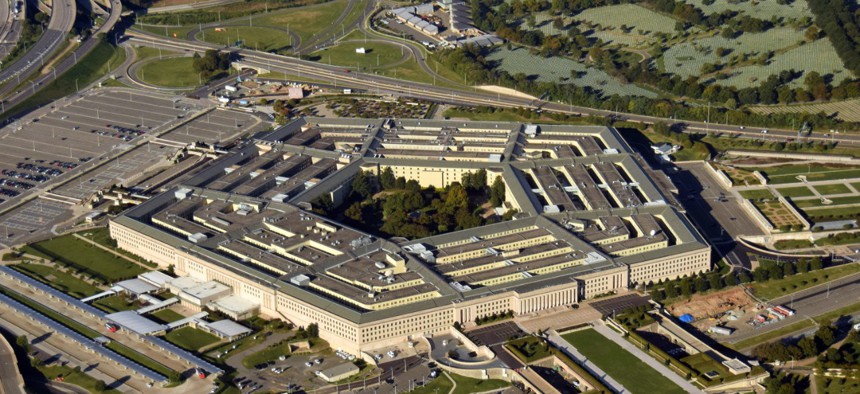
By Ivan Cholakov / Shutterstock.com
Pentagon Postpones Some Medical Procedures, and More
A weekly roundup of pay and benefits news.
The Pentagon on Tuesday announced that it will postpone a variety of medical procedures for two months, in light of the novel coronavirus outbreak.
In a memo to the leadership of the armed service branches and the director of the Defense Health Agency, Assistant Secretary of Defense Tom McCaffrey ordered all medical treatment facilities and dental treatment facilities to postpone all elective surgeries, invasive procedures and dental procedures for 60 days, beginning March 31.
“This action aligns with actions being taken across the nation to conserve vital health care resources during this public health emergency, including bed space, personal protective equipment, supplies and medical personnel,” McCaffrey wrote. “This policy also protects patients, medical personnel and the community from further exposure and transmission of COVID-19.”
Elective surgeries and invasive procedures include laser surgery, hernia repairs, non-emergency back surgery, joint replacements and colonoscopies. Patients with procedures scheduled during this period will be contacted either by phone or another means that can confirm they received the message.
Medical treatment facility directors may make exceptions to this order, provided that a given procedure is necessary to maintain the “deployability and readiness” of service members, or if a provider determines that delaying the procedure would cause harm to the patient.
McCaffrey stressed that medical treatment facilities will remain open, and that patients will continue to receive non-elective procedures and other acute and urgent care services. Doctors will also continue to provide routine appointments and exams, although that may change as demand for coronavirus-related care fluctuates.
Meanwhile, on Tuesday acting Office of Personnel Management Director Michael Rigas announced that OPM would allow agencies to bring on short-term employees outside of the normal competitive hiring process to help respond to the coronavirus outbreak.
In a memo to agency heads, Rigas said agencies may use Schedule A excepted hiring authorities, rather than the slower standard merit-based process, for up to two years in most cases. Schedule A hires operate on a one-year term, with the option for agencies to extend their contract for an additional one year.
Rigas wrote that in addition to the possible two-year term, agencies can apply on a case-by-case basis to extend these appointments beyond the initial 24 months. All hires under this authority must be for “direct response” to the COVID-19 outbreak, and the memo noted that OPM would be watching agencies carefully to ensure they comply with these limitations.
“As a reminder, this authority may not be used to fill positions not directly related to this emergency,” Rigas wrote. “OPM will monitor agency use of this authority as well as the continued need for it, and may modify or terminate this authority, or use thereof, as appropriate. We may request reports regarding the use of this authority.”
The ability to hire under this expedited process will last until March 31, 2021, or the president’s termination of a public health emergency, whichever comes first.







